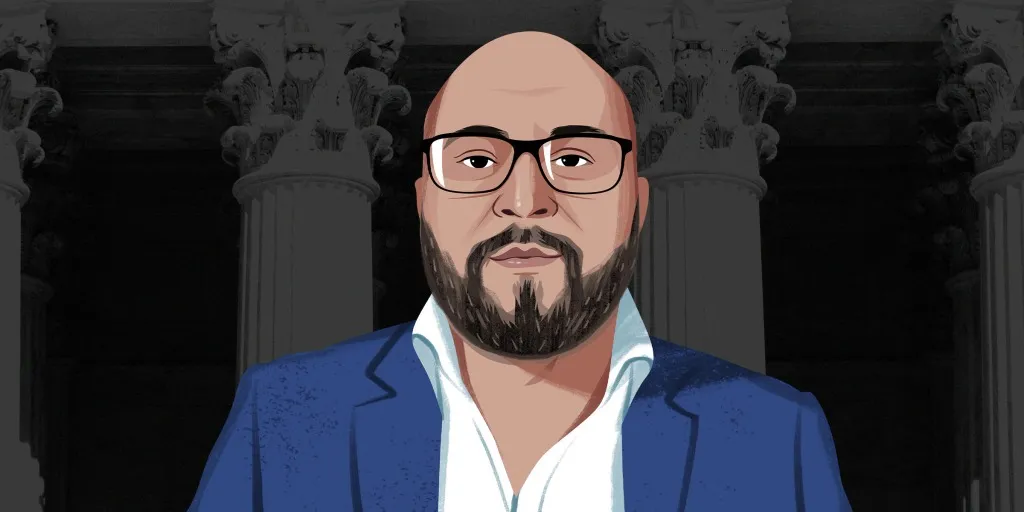Deadline: White House legal analyst Jordan Rubin answers your questions about the Supreme Court, Trump administration lawsuits and other issues.
"My understanding of the immunity case was that SCOTUS sent the case back to the lower courts to better define the scope of the president's official responsibilities, for which he would be immune and also activities outside his official responsibilities for which he would not be immune. It seems this issue is still quite open for the justices to weigh in on given the cases underway. Please provide more information on this question." -- DWP
Hi DWP,
This question follows last week's question about whether the Supreme Court could reverse the Trump immunity ruling on its own initiative. I noted that a new appeal would need to come to the court and that I don't think the current court majority would change its mind on the subject in any event.
You're correct that the ruling left open issues to be resolved in the first instance by the trial judge, Tanya Chutkan. She started that process after the justices sent the federal election subversion case back to her. But Donald Trump's election win cut that process short. The Justice Department moved to dismiss the case after Trump won the 2024 election, due to its policy against prosecuting sitting presidents.
So, it's true that Chief Justice John Roberts' opinion didn't fully define what presidential conduct is immune, and it's also true that the court hasn't had occasion to revisit the issue since the ruling. But that doesn't change the reality that we shouldn't expect the ruling to be reversed anytime soon, even if a new appeal theoretically presents the opportunity.
To be sure, the court may still be called on to apply the ruling. One way that could happen is with the president's pending appeal of his New York state falsifying business records convictions in the so-called hush money case. When the justices, splitting 5-4, rejected Trump's attempt to delay his sentencing ahead of his inauguration earlier this year, they noted that "the alleged evidentiary violations at President-Elect Trump's state-court trial can be addressed in the ordinary course on appeal."
It's unclear how long that "ordinary course" would take to reach the justices. But if it does, then the legal question presented wouldn't likely be whether they should reverse the ruling or not; it would likely be a narrower question about whether Trump was improperly convicted based on evidence that the ruling bars. That is, it would be more about what the ruling means than whether it should stand.
In the end, the court can do whatever it wants with a case before it. But this Trump hush money appeal scenario is much different than, say, the Dobbs case, where it was anti-abortion interests pressing the appeal to the high court and then the question was how far the court would go. In the hush money appeal, it would more likely be Trump pressing the court to say that the immunity ruling helps him. It would be odd if New York prosecutors even tried to get the ruling overturned in that scenario; rather, they'd more likely be arguing that the ruling doesn't help Trump to a degree that requires reversing his convictions.
So, again, the bottom line is that the full scope of the immunity ruling is still very much to be determined, but the prospect of overturning it shouldn't be expected anytime soon. Like in the Dobbs case that overturned Roe v. Wade, big changes are more realistically accomplished by changing the court's composition rather than changing the justices' minds. That's why, as Trump's first term made clear, a president's most lasting accomplishment can be their Supreme Court appointments.
